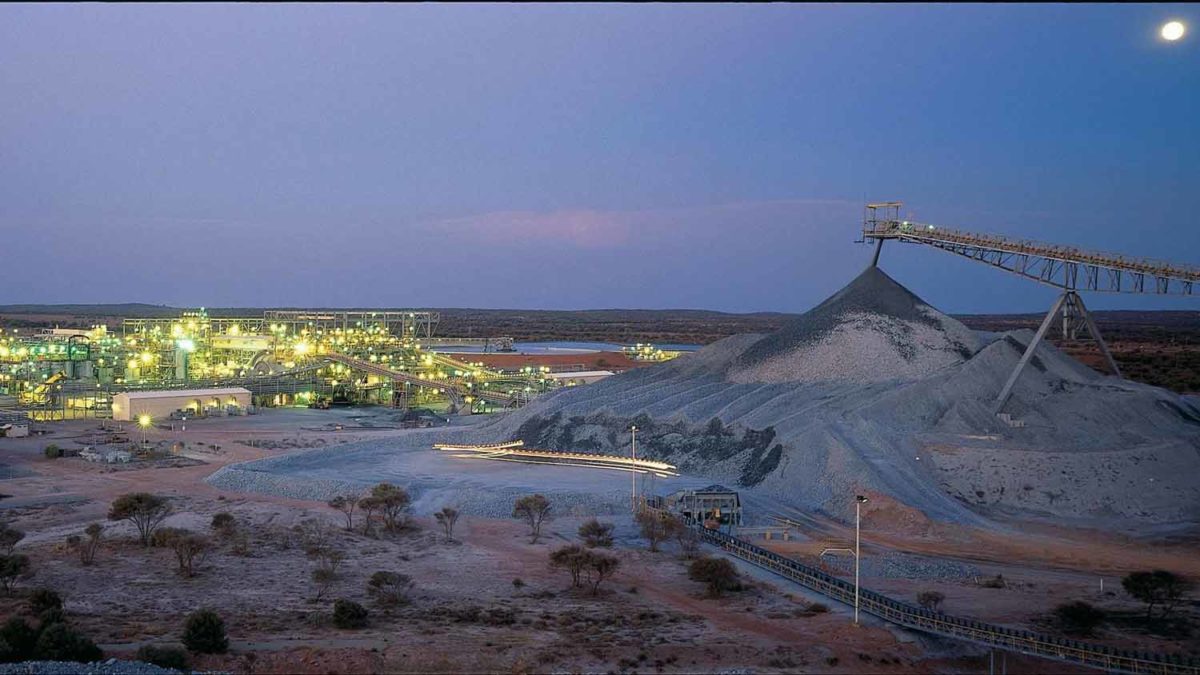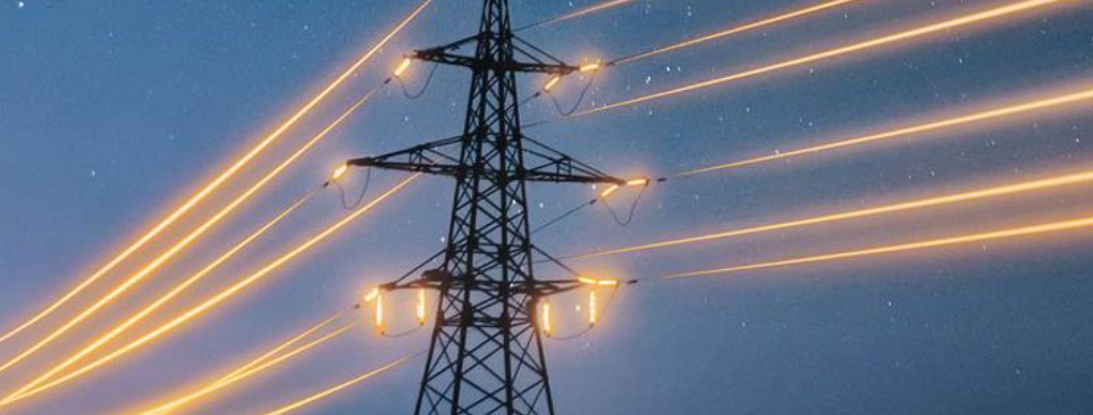Addressing local media at the weekend prior to his attendance to a Perth cabinet meeting, Prime Minister of Australia Anthony Albanese referenced the recent inclusion of nickel to the critical mineral list to bolster comments he was confident the Government can help save the West Australian nickel industry.
“What we know is that nickel will be a critical mineral going forward. It’s critical for batteries and for other sources as the global economy shifts, as we are seeing, to clean energy.”
“We are looking towards smart, targeted, time limited support. This is a short-term issue for what is, in the long term, a very critical industry for Australia,” Albanese said.
Federal Resources Minister Madeleine King placed nickel on the Critical Minerals List last week, giving nickel companies access to financing under the $4 billion (USD2.6 billion) Critical Minerals Facility and critical minerals–related grant programs such as the International Partnerships Program ($40 million / USD26 million).
King said the international nickel price is forecast to stay relatively low through 2024, and for several years to come until the surplus of nickel in the market is corrected.
“In the meantime, this puts further Australian nickel operations at risk and given impacts to our domestic capacity and noting the broader market developments presently unfolding in the nickel sector, I am fully convinced that we must be proactive in addressing the recent developments,” she said.
The West Australian government’s Nickel Financial Assistance Program, announced at the weekend, starts from the March quarter and delivers a 50% royalty rebate for 18-months when prices are below $30,628 (USD20,000) per tonne, repayable over 24-months.
WA Premier Roger Cook said the program will support nickel producers in their hour of need, providing temporary assistance to help with the structural changes to the nickel industry.
“The nickel industry supported almost 10,000 jobs, and generated sales of more than $5 billion last financial year. It is also an essential component of the State’s vision of becoming a global hub for the downstream processing of battery metals.
“We recognise retaining our value-add, critical minerals sector is a key part of our plan to diversify WA and set it up for future success. This is highlighted by our current work to refresh and update the Government’s Future Battery and Critical Minerals Industries Strategy, established in 2019,” Cook said.
Since the critical list was last updated on 16 December 2023, however six operating nickel facilities have either closed or gone into care and maintenance, most recently BHPs Kambalda concentrator scheduled for June, on the back Wyloo’s decision to suspend its Cassini and Northern Operations in May.
This content is protected by copyright and may not be reused. If you want to cooperate with us and would like to reuse some of our content, please contact: editors@pv-magazine.com.








1 comment
By submitting this form you agree to pv magazine using your data for the purposes of publishing your comment.
Your personal data will only be disclosed or otherwise transmitted to third parties for the purposes of spam filtering or if this is necessary for technical maintenance of the website. Any other transfer to third parties will not take place unless this is justified on the basis of applicable data protection regulations or if pv magazine is legally obliged to do so.
You may revoke this consent at any time with effect for the future, in which case your personal data will be deleted immediately. Otherwise, your data will be deleted if pv magazine has processed your request or the purpose of data storage is fulfilled.
Further information on data privacy can be found in our Data Protection Policy.